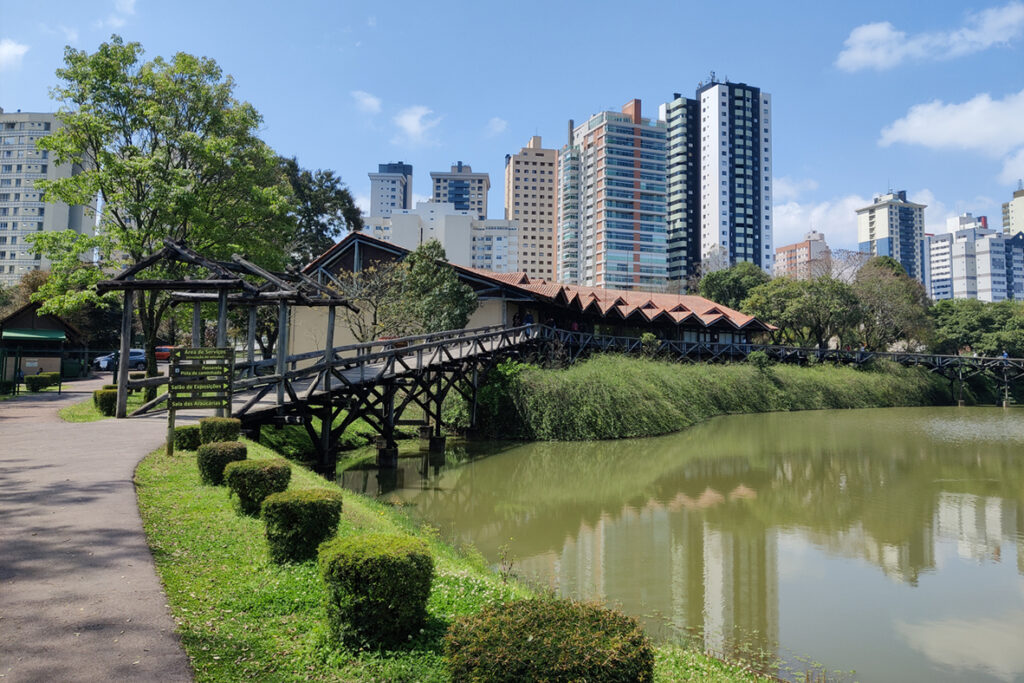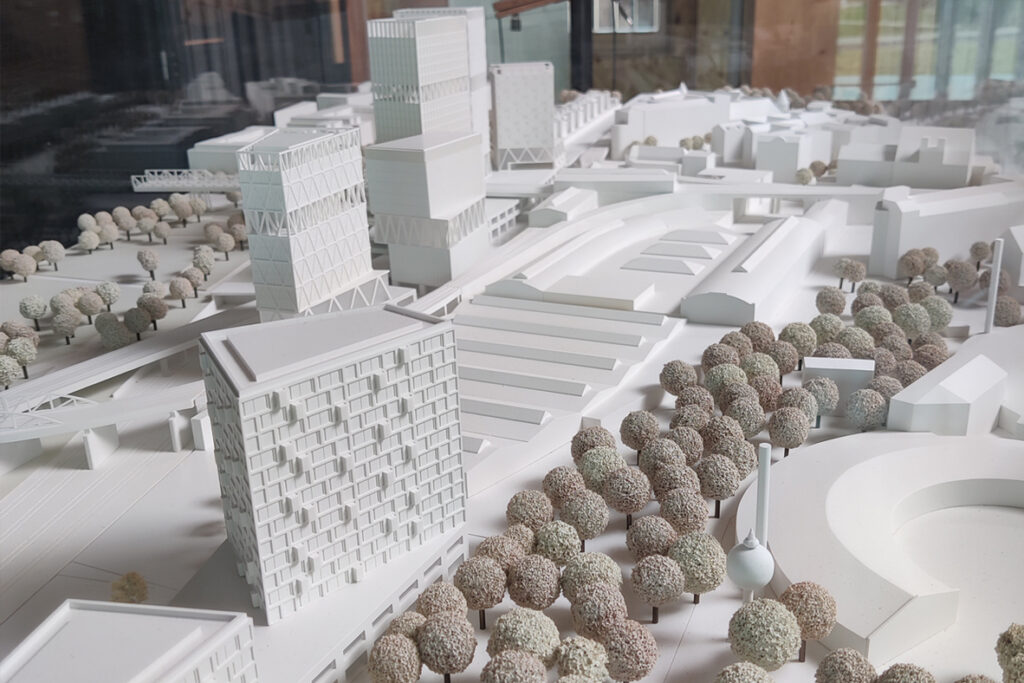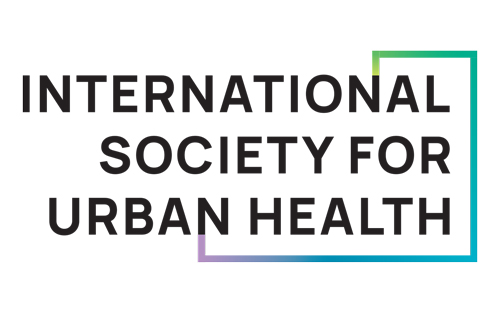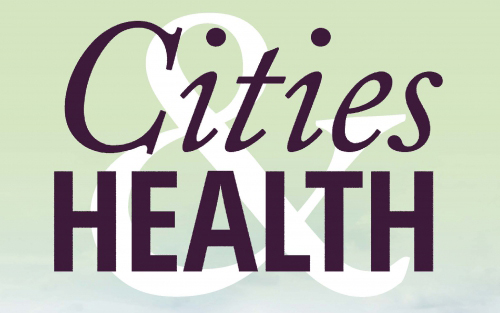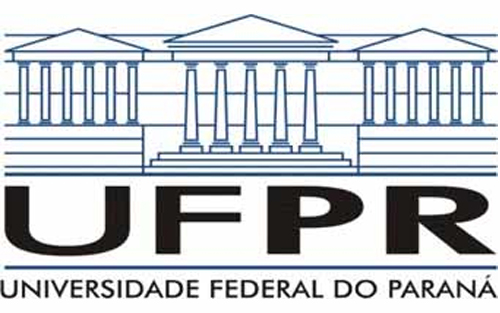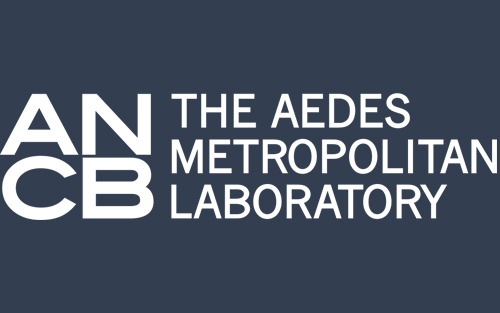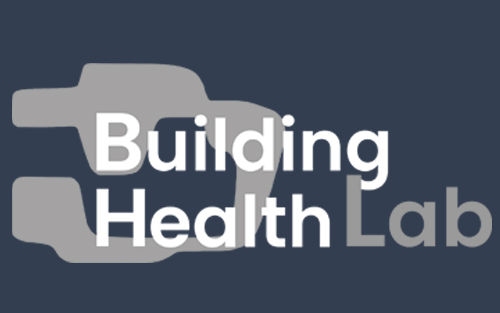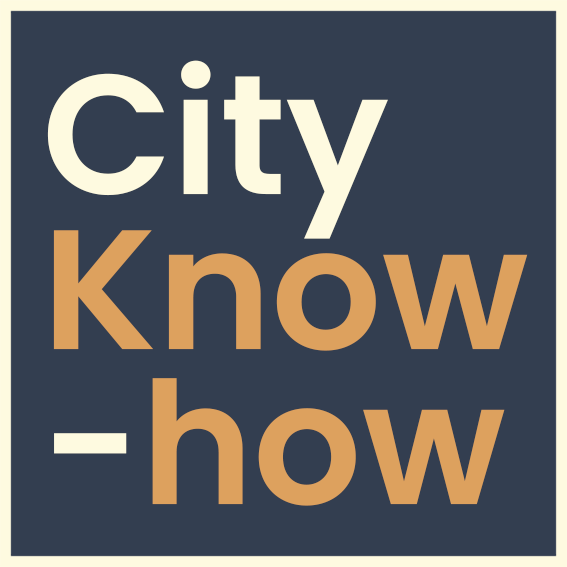
Dialogues with Brazil.
August 28 to September 1 2023, Berlin, Germany
Workshop 2, Healthy
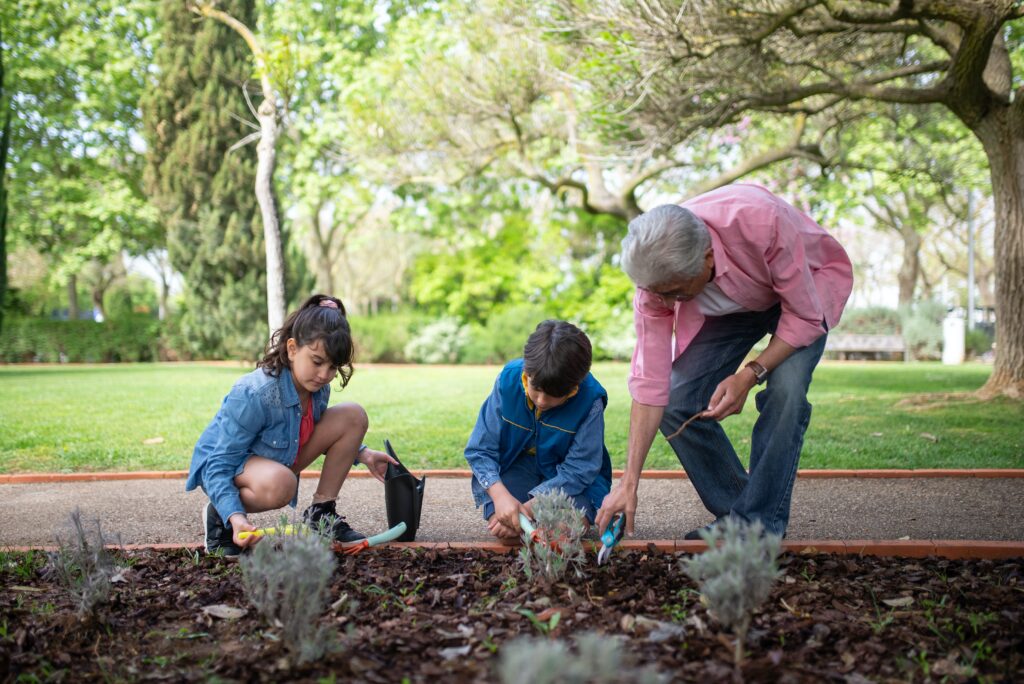
Workshop 2, main objective
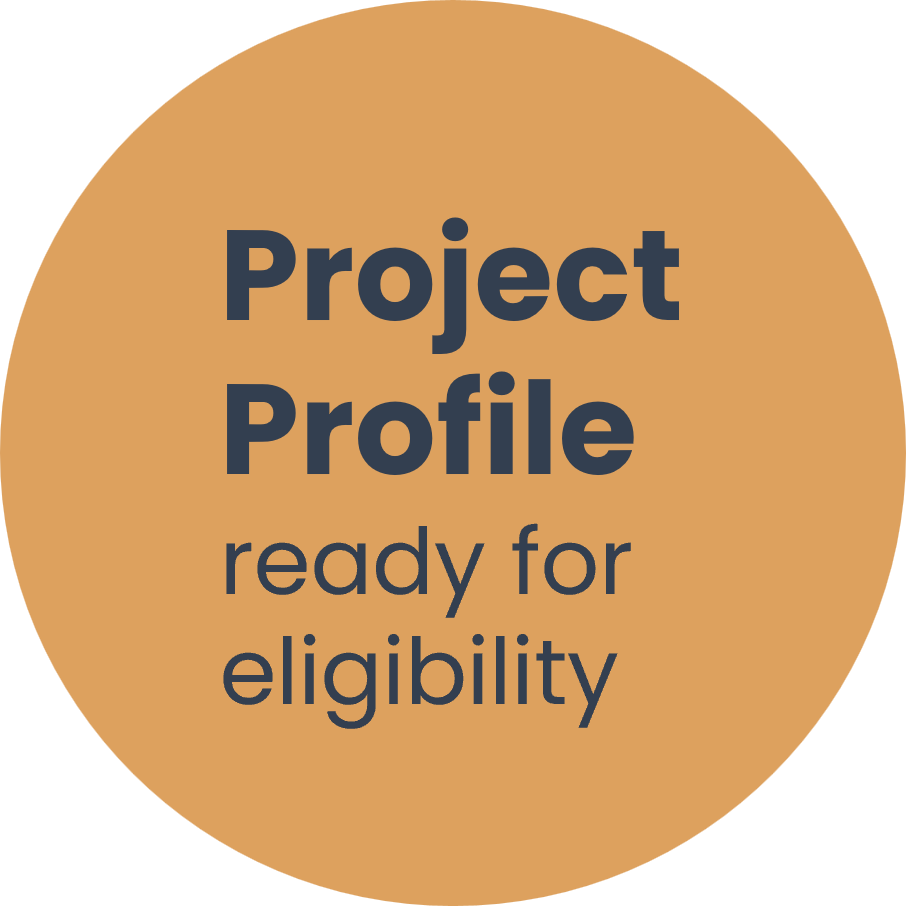
Workshop two’s main objective is to create an impactful Project Profile with a people-centered approach and health equity strategies.
What is an age-friendly world?
Age-friendly environments foster healthy and active aging. They enable people to age safely in a place that is right for them; be free from poverty; continue to develop personally; and contribute to their communities while retaining autonomy, health, and dignity.
A fair distribution of resources to all population groups within and between communities is needed to meet the needs of all people regardless of factors such as age, ability, gender, income, education level, culture, or background. Using an equity lens in age-friendly planning means asking ourselves sets of questions throughout the entire process. However, there is currently a limited understanding of the processes and elements that lead to sustainable and equitable urban development.
Equity needs to be visible and actionable within sustainable development discussions and decisions.
Workshop 2 schedule
Intro talk | 9:00 – 9:10
Introduction to the day activities by Building Health Lab
I. Local Gov talks | 9:10 – 12:30
Six Gov delegates give ten-minute talks to describe their project ideas, followed by 10-minute Q&As.
The discussion pivots on how people in different age groups use public space to meet basic needs; learn, grow, and make decisions; be mobile; build and maintain relationships; and contribute to society. The discussion also allows taking notes on the probable causes of health issues related to unfavorable urban conditions, such as car landscapes and accidents, food deserts and overweight and obesity, poor air quality and respiratory diseases, and precarious sanitation with the spread of contagious diseases.
Lunch break | 12:30 – 13:30
II. Advisory sessions | 13:30 – 14:30
15-minute presentations with a 15- minute Q&A offer advice on how to integrate into a project profile a people-centered perspective and its evidence-based planning steps.
- Traffic projects promoting safety behavior | Alessandra Bianchi
- Evidence-based planning and design process by Building Health Lab | Alvaro Valera Sosa
30-minute coffee break
III. Workshop | 15:00 – 17:00
Municipalities make groups to work with advisors in filling a Project Profile document with input from sessions I and II and evidence-based planning steps:
- Environmental data management
- Citizen needs and requirements analyses
- Community engagement interactions
IV. Group dialogues | 17:00 – 18:00
Each group presents summaries of the Project Profile document for an open discussion.
Sector and related SDGs
